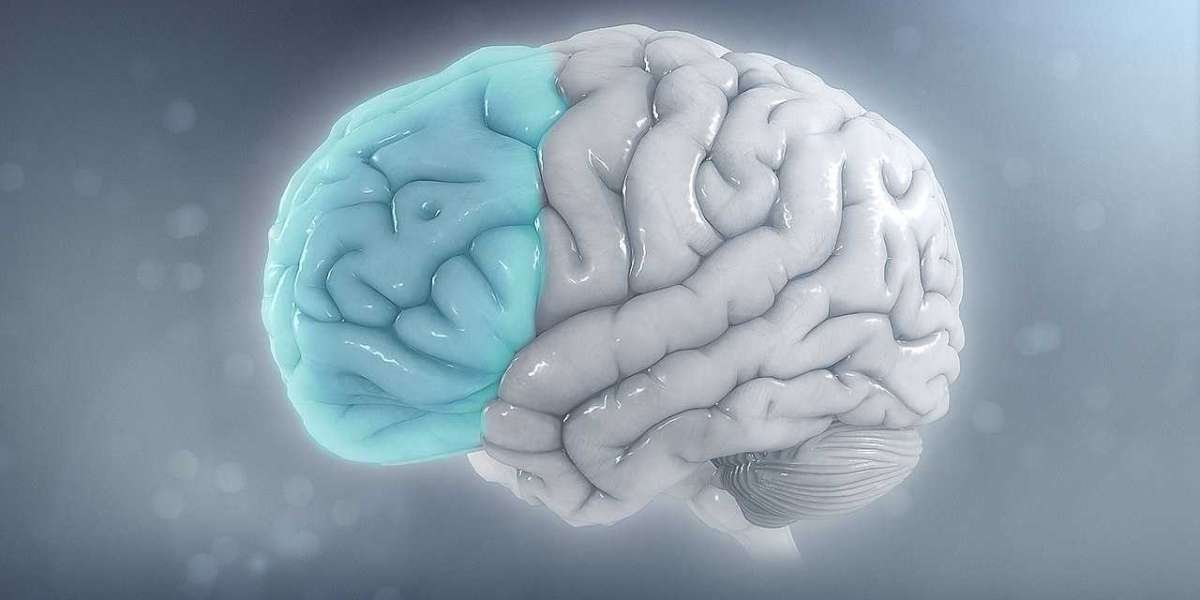First of all,
Anxiety is becoming more common in our fast-paced, technologically-driven society, which calls for creative approaches to mental health care. Hiking therapy is one such approach that is becoming more and more popular. It combines the therapeutic advantages of physical activity with nature to reduce symptoms of anxiety. This article examines the beneficial relationship between hiking therapy and anxiety, looking at the symptoms that are addressed, the possibilities for treatment, and the function of meditation in the peaceful embrace of nature.
Anxiety and the Call of Nature Symptoms:
Overthinking and Rumination:
Persistent overthinking and rumination are common symptoms of anxiety that might be difficult to stop the cycle of negative thoughts. Hiking therapy gives people a chance to turn their attention from their inner concerns to the external beauty of the natural world. Exposure to natural settings and the repetitive motion of walking helps break the pattern of worried thoughts.
Physical Tension and Restlessness:
Physical tension and restlessness are common side effects of anxiety. Hiking helps people relax and let go of stored up energy because of its repetitive and rhythmic movements. Hiking trails' diverse topography and obstacles use different muscle areas, which helps people release physical tension linked to anxiety.
Social Isolation and Connection:
Anxiety is frequently accompanied with feelings of social isolation, which exacerbates feelings of loneliness. Hiking therapy offers a special chance for people to interact with one another in a natural environment, which promotes a feeling of community. Hiking in groups reduces the isolation that is frequently associated with anxiety by fostering a friendly setting where people may share their experiences.
The Potential of Hiking Therapy as a Treatment:
Exposure to Green Spaces:
Several research demonstrate the beneficial effects of green space exposure on mental health. Hiking therapy takes advantage of nature's healing properties by providing people with a respite from city life and a chance to spend time outdoors. There is evidence that having greenery around oneself lowers stress levels and enhances general wellbeing.
Exercise and Endorphin Release:
Exercise is a proven way to lift your spirits by causing the body's endorphins, or feel-good chemicals, to be released. Combining physical activity with time spent in nature, hiking therapy encourages the release of endorphins, which can reduce anxiety symptoms and induce feelings of joy.
Mind-Body Connection:
The blending of mindfulness and physical activity is emphasized in hiking therapy, which promotes a robust mind-body connection. Hiking necessitates being in the moment, focused on the trail, and establishing a connection with the natural world. This mindfulness component lessens symptoms associated with anxiety by promoting a more stable mental state.
Meditation's Place in Hiking Therapy
Nature Meditation:
The peaceful, beautiful scenery that hiking paths frequently pass through makes for an excellent environment for nature meditation. While hiking, people can take a break to sit quietly, take in the views and sounds of the natural world, and practice meditation. Hiking and meditation both have therapeutic advantages that are enhanced by this deliberate connection to nature.
Breathwork and Relaxation:
Including breathwork techniques in hiking therapy helps lower anxiety. Breathing consciously in time with the hike's beat relaxes the body and helps control the nervous system. By purposefully concentrating on breathing, anxiety's physiological symptoms are mitigated and a sensation of calm is fostered.
Practical Ideas for Therapeutic Hiking:
Walking is a natural part of hiking, and when you add mindfulness practices to the mix, it becomes a kind of movement meditation. Hiking with mindfulness helps people pay attention to their breathing, the scenery, and each step they take. This technique eases anxiety and calms the mind by encouraging a contemplative state.
Trail Selection and Accessibility:
Choosing appropriate trails is crucial for hiking therapy implementation. Trail selection should take into account each person's level of fitness and accessibility needs. Ensuring the comfort and safety of participants on the designated trail improves the therapeutic experience and reduces the possibility of stresses.
Guided Hiking Sessions:
Those looking to benefit from the therapeutic effects of nature can find structured help through professionally led guided hiking sessions. Skilled guides may modify hikes to suit different levels of fitness, offer details on the flora and animals in the area, and integrate mindfulness and meditation techniques into the experience.
Hiking therapy ought to aim to be both inclusive and flexible in order to accommodate the various demands of its clients. Taking into account people's tastes and physical capabilities guarantees that a wide spectrum of people can benefit from nature's therapeutic qualities, irrespective of their degree of fitness or prior experience hiking.
In summary:
As a holistic and outdoor-focused method of reducing anxiety symptoms, hiking therapy acknowledges the strong link between mental health and the great outdoors. Hiking therapy provides a multimodal approach to treating problems like social isolation, bodily tension, and overthinking. Hiking while using meditation techniques improves the therapeutic experience by encouraging mindfulness, calm, and a stronger bond with the natural world. While the relationship between nature therapy and mental health is still being investigated, hiking therapy presents itself as a viable option for people looking for a safe and effective way to deal with anxiety in the comforting surroundings of nature.













